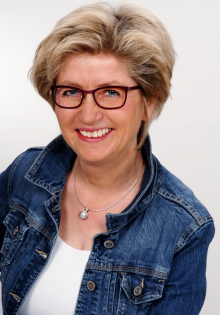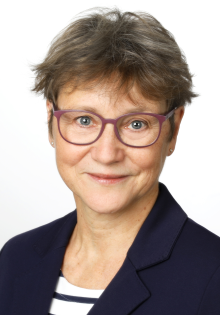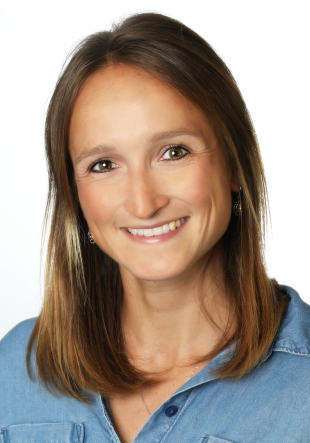With the federal government's OER Strategy 2022, Germany has spoken out in favour of realigning educational activities in schools and universities as part of the digital transformation and equal opportunities. The sharing of open educational resources (OER) in specialist communities plays an important role in this. A project funded by the Federal Ministry of Education and Research (BMBF) with around 580,000 euros has now been launched in cooperation with Paderborn University and Bielefeld University with this aim in mind: As part of "PrimOER", the nationwide OER community "Inclusive Primary School Pedagogy and Didactics" is being established, within which teachers share their expertise and teaching concepts with each other, incorporating open educational materials and in the form of new cooperation formats (Open Educational Practices, OEP for short). PrimOER focuses on the topics of inclusion and equal opportunities in teacher training. The aim is to test new forms of cross-disciplinary and cross-university cooperation in teaching and to identify conditions for success in terms of professionalisation and quality development. Through more intensive, interdisciplinary cooperation, prospective primary school teachers should be even better qualified to deal with heterogeneity.
The project is being led by primary school teacher Prof. Dr Petra Büker from the Institute of Educational Science at Paderborn University, Prof. Dr Gudrun Oevel, Head of the Centre for Information and Media Technology Services at Paderborn University, and Prof. Dr Anna-Maria Kamin, an expert in inclusive media education at Bielefeld University, and their teams. Two of the researchers' preliminary projects have already provided insights into how beneficial a cross-university exchange involving open educational materials can be for teaching and research. Among other things, a NRW community of primary school teachers has been established, which is now being expanded nationwide as part of the BMBF's "OE_COM" funding programme.
In future, the community members are to form interest groups on various current key topics from primary school teacher training and develop collaboration formats within these groups. These could include topics such as diagnosis and support, media education, education for sustainable development, democracy education, organising transitions or language-sensitive teaching. Colleagues from educational science, maths, German and subject didactics as well as other subjects will be involved.
During the two-year project period, there will be four network meetings at Paderborn University, and cooperation and further education activities will also take place in digital formats. To make this possible, the project team, under the leadership of Oevel, is developing a digital platform, the "PrimOER portal", tailored to the needs of the community members. This can be used to organise the sharing of teaching/learning materials and communication between community members. In the spirit of an agile network structure, all participating teachers decide on the intensity of the cooperation themselves, and various opportunities for participation are also opened up. It should be possible to join the PrimOER community at any time.
The network work will also be evaluated using (semi-)standardised procedures. "We expect transferable findings on the conditions for success for a changed, forward-looking teaching and learning culture in the sense of a culture of sharing," says Kamin. Büker adds: "In future, students at school will be faced with the task of integrating OER and OEP into their everyday work. If they experience how their lecturers use and address open educational materials in their teaching, a favourable double effect can be expected."
This text has been translated automatically.





